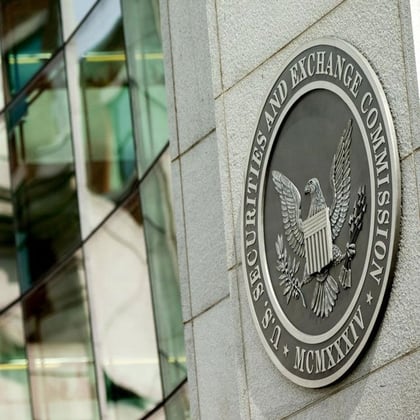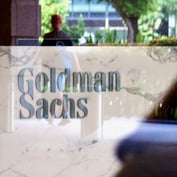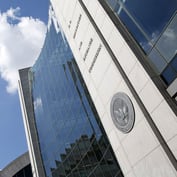What You Need to Know
- The BD and RIA failed to meet Reg BI's compliance and conflict of interest obligations.
- Hennig was ordered to pay a $50,000 civil money penalty.
- Hennig's written policies and procedures were not tailored to its business, the SEC said.
The Securities and Exchange Commission said Friday that it has censured and fined a Wisconsin-based broker-dealer, Carl M. Hennig Inc., with failing to meet its compliance and conflict of interest obligations under Regulation Best Interest.
Henning was ordered to pay a $50,000 civil money penalty.
According to the SEC’s order, between June 30, 2020 and January 2023, Hennig’s written policies and procedures were not reasonably designed to achieve compliance with Reg BI.
The SEC said that Hennig’s written policies and procedures did not:
- Explain what factors or criteria should be considered and weighed when making recommendations or determining whether a particular recommendation is in the customer’s best interest
- Provide sufficient information regarding the information provided to customers, including the fees associated with Hennig’s retail brokerage services
- Address how and when Hennig would update and provide written disclosures to its customers.
In addition, Hennig’s written policies and procedures “did not explain how to identify conflicts of interest or how to disclose, mitigate, or eliminate them,” the SEC states.
Hennig adopted new written policies and procedures to comply with Reg BI on June 29, 2020, the last day before Reg BI’s compliance date.
While the written policies and procedures “contained some general language from the text of Reg BI,” they were not tailored to Hennig’s business, according to the SEC.
Further, the SEC said the policies and procedures “did not provide guidance or procedures for how Hennig’s registered representatives and supervisors could achieve compliance with Regulation BI and its component obligations, and did not include reasonably designed mechanisms for Hennig to enforce its Regulation BI policies and procedures.”
The order also states that from their adoption in June 2020 through January 2023, Hennig’s written policies and procedures related to the Conflict of Interest Obligation stated that Hennig “strive[s] to create a sales environment that is free of quotes, sales incentives, proprietary products or products with third-party arrangements, bonuses, and noncash compensation on the sale of specific types of securities to ensure that the client’s best interest is met.”








 September 22, 2023 at 11:14 AM
September 22, 2023 at 11:14 AM











 Copyright © 2024 ALM Global, LLC. All Rights Reserved.
Copyright © 2024 ALM Global, LLC. All Rights Reserved.